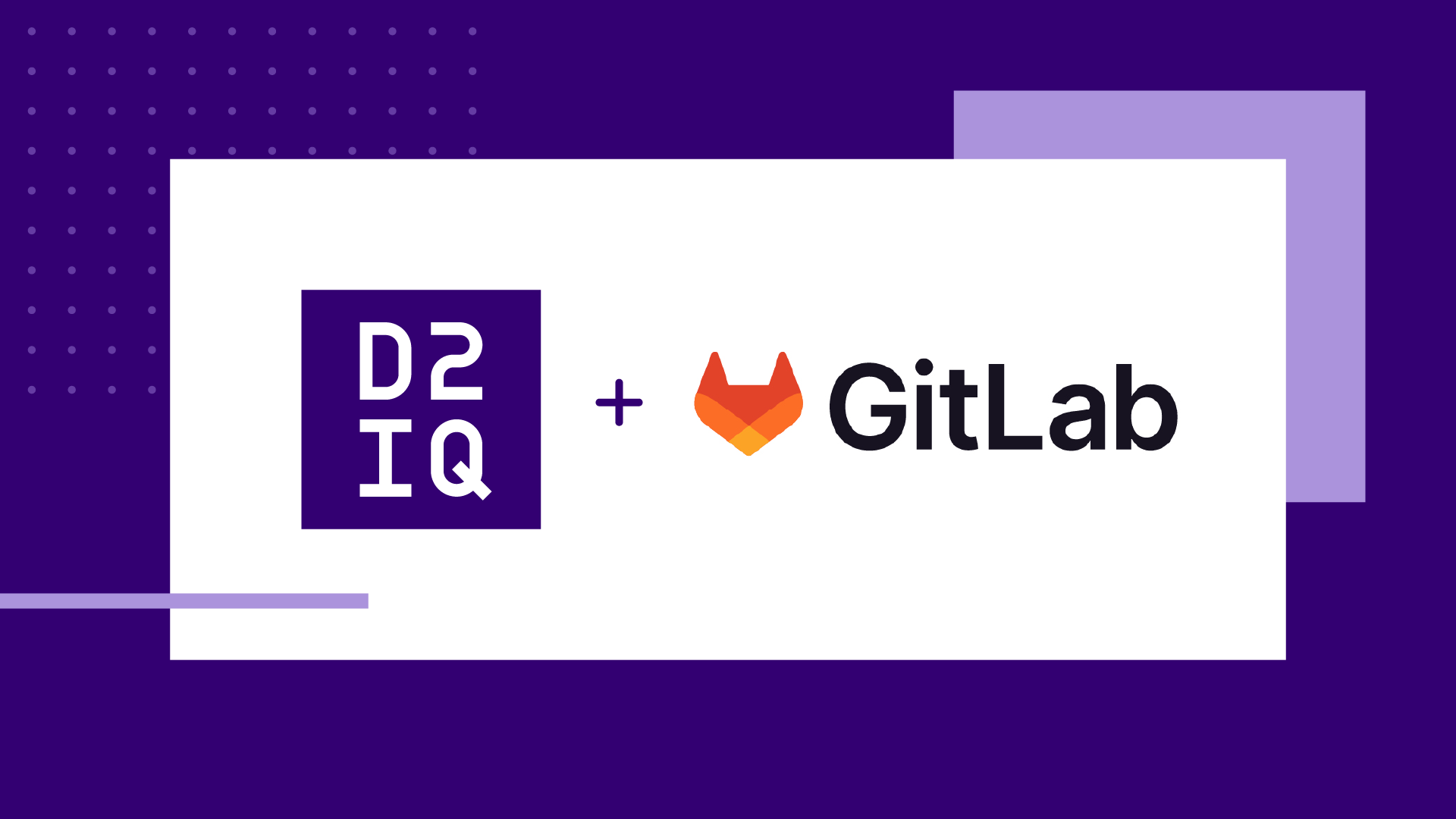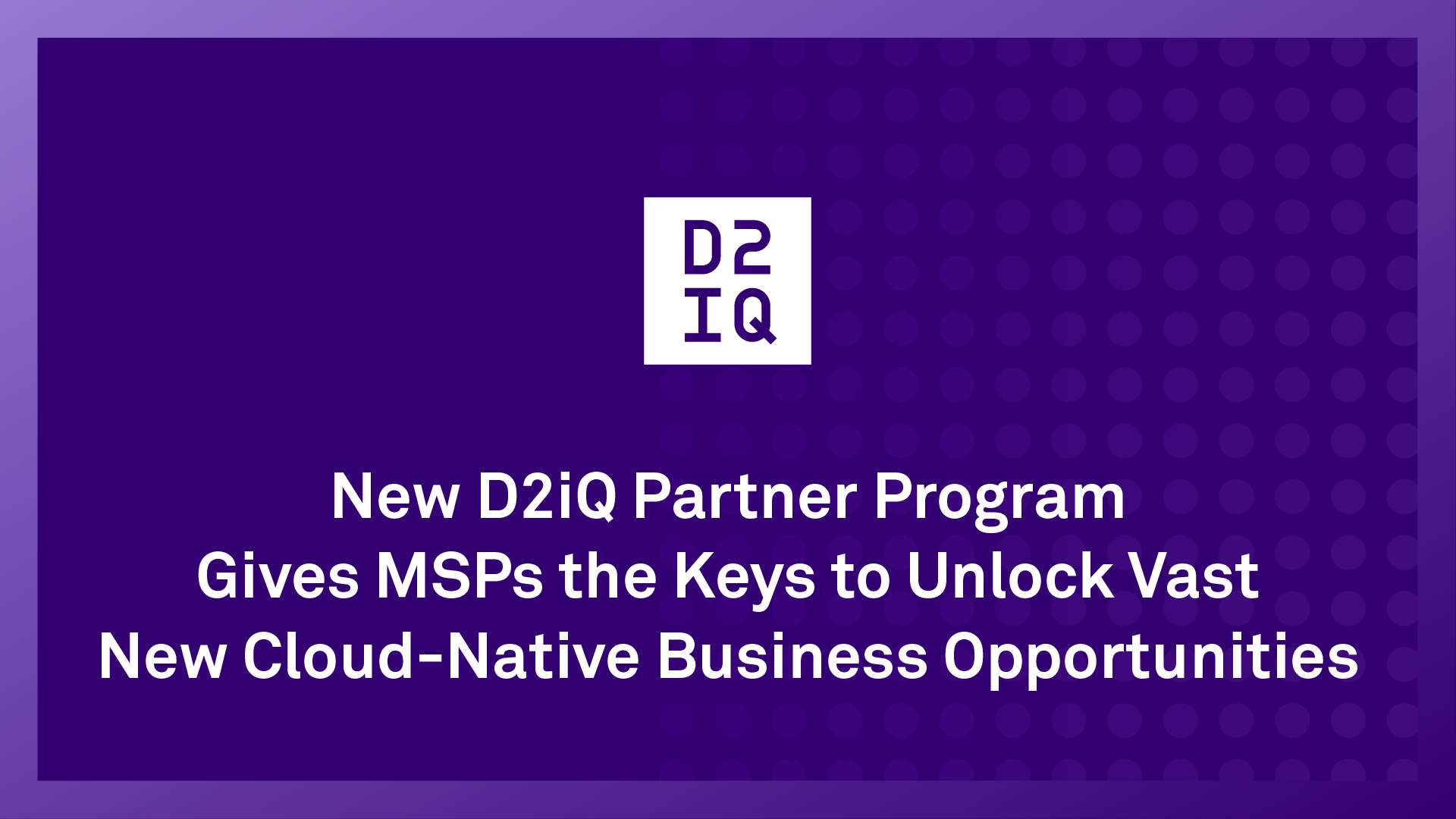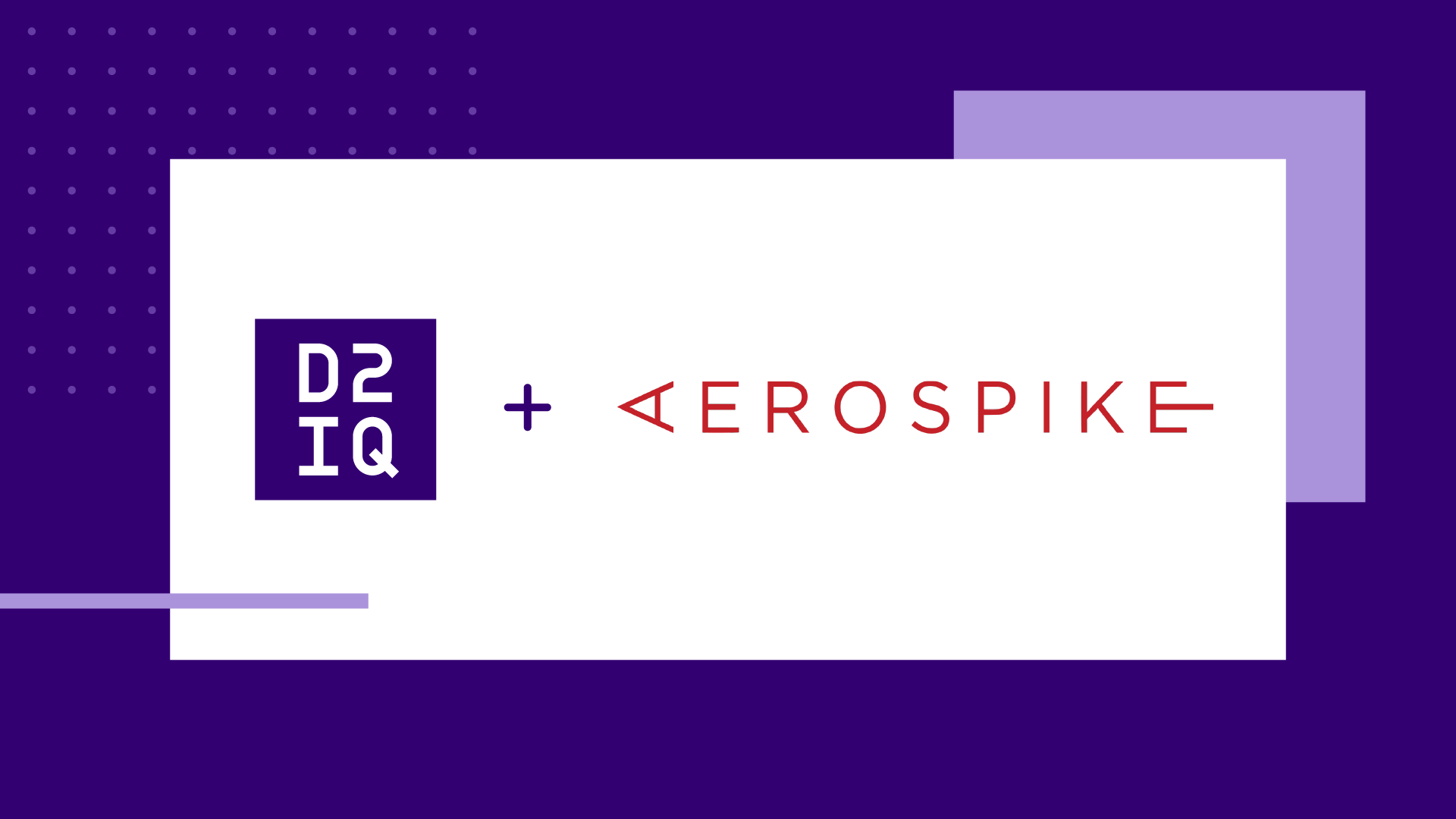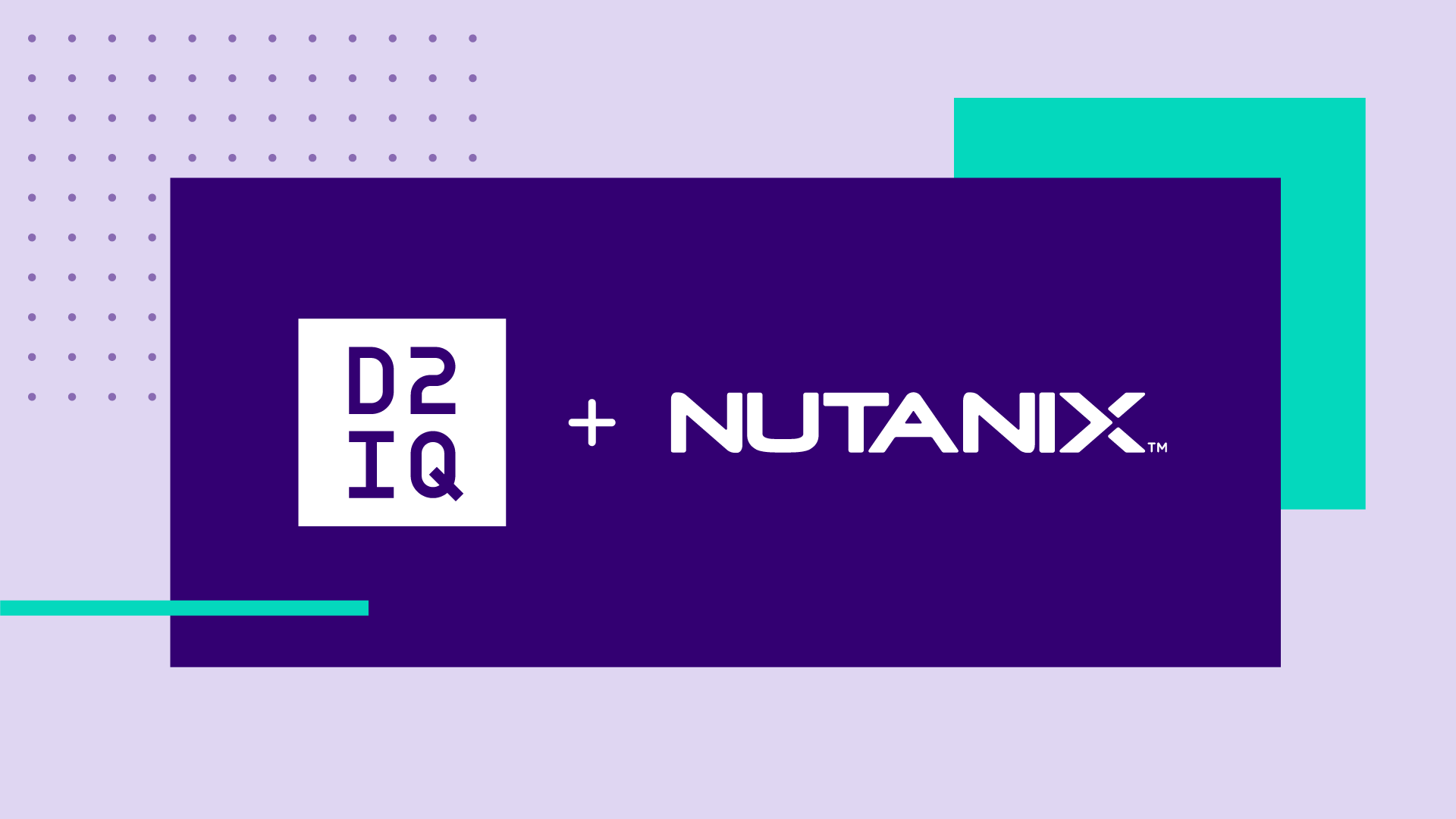D2iQ and Gitlab have partnered to help Kubernetes DevOps teams deliver higher-quality code faster through automation, integration, and verification of code. DKP provides a fully automated and integrated
Kubernetes platform for developing and managing container deployments. It incorporates FluxCD for continuous deployment capabilities, while GitLab integration gives developers an end-to-end software delivery lifecycle to create a CI pipeline, enable continuous verification, and more, while maintaining their investment in their current toolchain.
The combined D2iQ and GitLab solution can help DevOps teams and their organizations achieve the agility they seek in Kubernetes and cloud-native deployments. DevOps teams need a delivery platform that eliminates management complexity and toolchain siloes, while improving the developer experience across multiple product teams. With D2iQ and GitLab processes in place, businesses can focus on delivering the greatest amount of value rather than maintaining an infrastructure necessary to understand, produce, or deploy it.
Overcoming CI/CD Pitfalls
As organizations adopt a microservices architecture or transition between cloud providers, continuous integration/continuous delivery (CI/CD) pipelines are a way to accelerate agility and time to market. But CI/CD can become cumbersome without the right tooling.
As the number of microservices increases, organizations can expend an enormous effort monitoring, maintaining, and updating their CI/CD pipelines. DevOps organizations can waste time and resources maintaining toolchain integrations, creating silos of tool-specific competencies, and producing "data gaps" in integrations that result in incomplete context and manual workarounds. That inefficiency diminishes the ability of the organization to collaborate, iterate, and achieve the desired business outcomes.
Maintaining a CI/CD pipeline presents a number of challenges:
- Operating a DevOps toolchain is not a one-time exercise. Rather, it requires ongoing resources, skills, knowledge, training, and support for operating and maintaining the tools.
- Platform teams struggle to scale self-service capabilities, enforce policies, and implement security controls for development teams as organizations transition to hybrid work styles.
- Product teams struggle to reduce time to market and deliver faster customer value because of too many handoffs and the resulting friction, siloed visibility, and broken feedback loops.
DKP + GitLab
The GitLab Kubernetes Operator has been tested on the D2iQ Kubernetes Management Platform (DKP) to simplify the deployment of containerized workloads and to enable faster iteration of software delivery cycle times. The combined solution provides a seamless DevOps experience to accelerate deployment of cloud-native applications.
With full integration of GitOps workflows for easier management of Kubernetes clusters in production environments, DKP reduces the operational loads on developer teams. From a user-friendly control plane, DKP enables a variety of development approaches using GitLab. For example, DevOps teams can easily deploy a web application from DKP via FluxCD using GitLab as a repository. DevOps teams also can deploy a project to DKP from a CI/CD pipeline with a DKP cluster attached to GitLab. In the DKP dashboard, developers can navigate to the cluster to which DKP will deploy.
Productivity and Agility Benefits
Deploying GitLab and DKP together enhances an organization’s cloud-native application development capability by providing a more powerful CI/CD platform. Benefits include:
- Reduced Cycle Times. Built-in planning, monitoring, and reporting enables and secures your public, private, and hybrid deployments on DKP, and enables you to iterate and innovate faster. GitLab’s consistent, scalable interface reduces friction across teams and workflows to shrink cycle times. The combined solution helps development teams expand their potential by providing more efficiency at every stage of the software development process.
- Increased Productivity. DKP automates many of the manual operational tasks for CI/CD management, including Kubernetes cluster management and posture management. It uses a complete declarative approach to automate many formerly manual processes that keep systems running and scaling, resulting in increased uptime and productivity.
- Easier Management and Consolidated Observability. With full integration of GitOps workflows for easier management of Kubernetes clusters in production environments, DKP reduces the operational loads on developer teams. From a user-friendly control plane, DKP enables easy deployment of applications with GitLab as the repository. Developers can configure projects with continuous deployments, which enables canary and A/B deployments, as well as roll-back.
Bottom Line
Organizations need cloud-native CI/CD products that provide accelerated build speed, on-demand scaling, and secure configurations to enable their DevOps teams to deliver applications faster and reduce operational costs, all while meeting corporate compliance needs.
DKP is the leading Kubernetes platform for developing and managing containerized workloads. While it has many CD capabilities via FluxCD, the addition of GitLab Kubernetes Operator further simplifies container deployments and enables faster iteration of software delivery cycle times, as well as ensuring consistent upgrades, deployment, and security policies for infrastructure and applications. All of this translates into increased developer and business agility.










